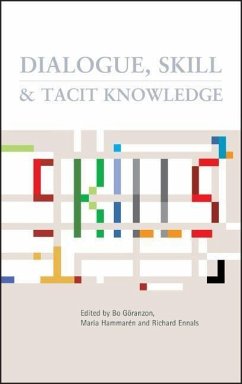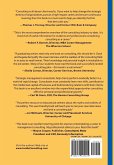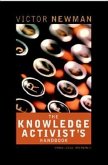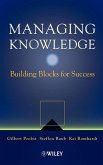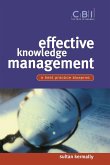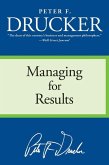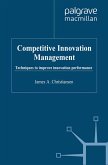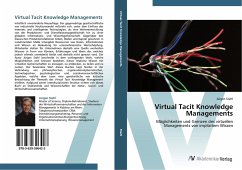Everyone in an organization, from cleaner to CEO, has expert knowledge. Yet only a fraction of it can be codified and expressed explicitly as facts and rules. A little more is visible implicitly as accepted procedures, but even this is only the beginning. Submerged beneath the explicit and implicit levels is a vast iceberg of tacit knowledge that cannot be reliably accessed by traditional analytical approaches. And yet, without it, organizational learning means little.
Interweaving theory with practical guidance, this book looks at the importance of tacit knowledge and shows how it is now being put in motion through groundbreaking analogical thinking methods. Chief among these is the Dialogue Seminar, developed by the editors, in which learning is seen as arising from encounters with differences.
There can be no consensus on the value of corporate knowledge until what is meant by that knowledge is discussed and defined. Based on two decades of research and a host of practical cases, this book offers a way forward.
"Göranzon argues that the question of whether machines can think is not the right question to ask. The more important question, he believes, is the impact of automation on work and human skills, and he is looking for a way of describing skills that allows us to discuss this question."
--Janet Vaux, New Scientist
"A Swedish initiave to rethink the relationship between learning and work."
--Rolf Hughes, The Times Higher Education
Hinweis: Dieser Artikel kann nur an eine deutsche Lieferadresse ausgeliefert werden.
Interweaving theory with practical guidance, this book looks at the importance of tacit knowledge and shows how it is now being put in motion through groundbreaking analogical thinking methods. Chief among these is the Dialogue Seminar, developed by the editors, in which learning is seen as arising from encounters with differences.
There can be no consensus on the value of corporate knowledge until what is meant by that knowledge is discussed and defined. Based on two decades of research and a host of practical cases, this book offers a way forward.
"Göranzon argues that the question of whether machines can think is not the right question to ask. The more important question, he believes, is the impact of automation on work and human skills, and he is looking for a way of describing skills that allows us to discuss this question."
--Janet Vaux, New Scientist
"A Swedish initiave to rethink the relationship between learning and work."
--Rolf Hughes, The Times Higher Education
Hinweis: Dieser Artikel kann nur an eine deutsche Lieferadresse ausgeliefert werden.

